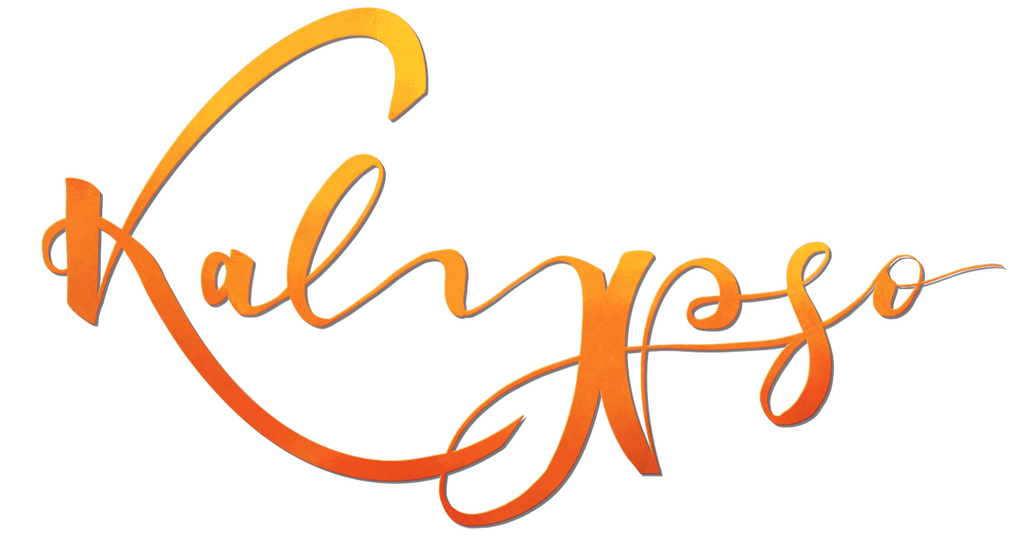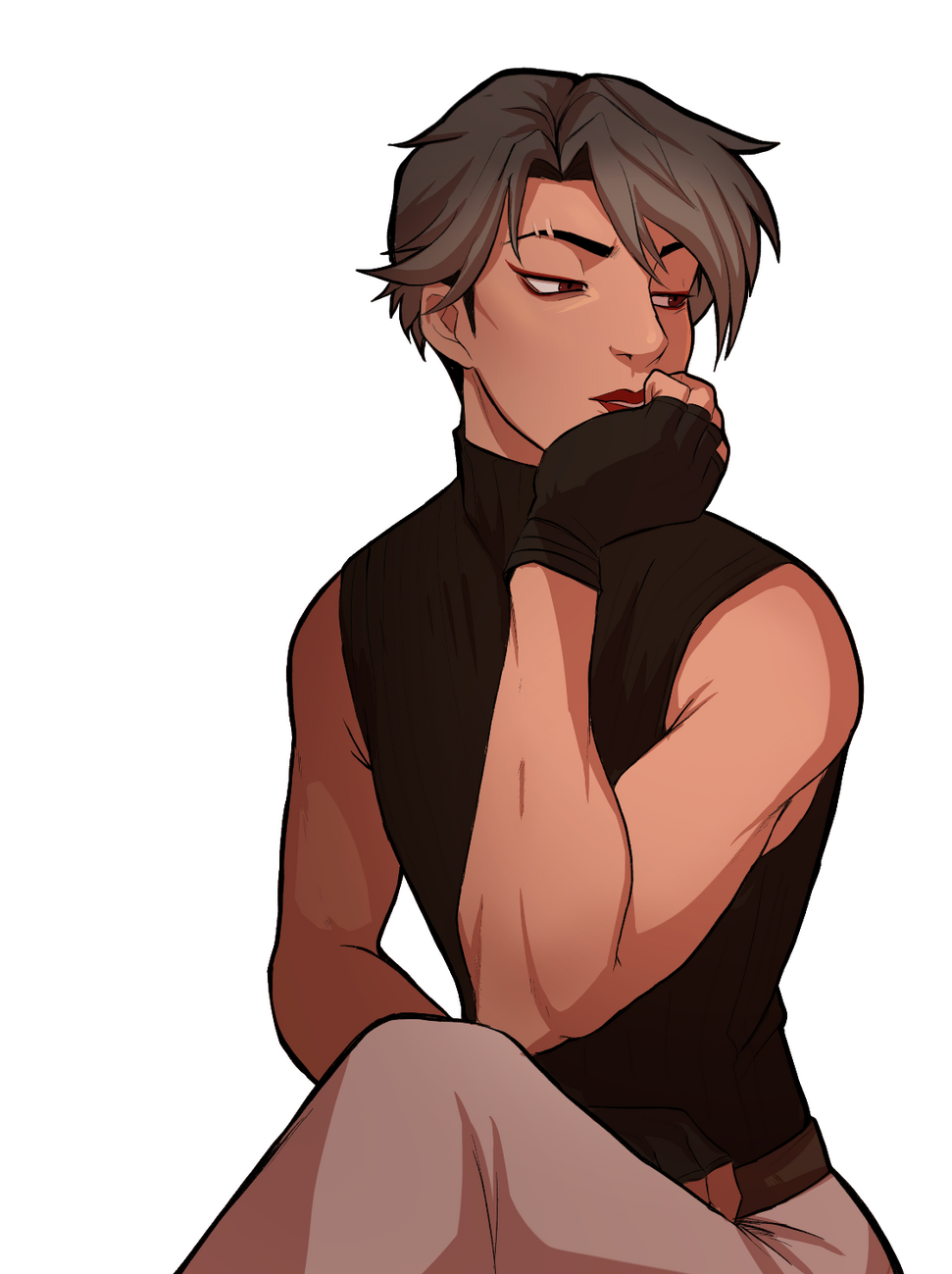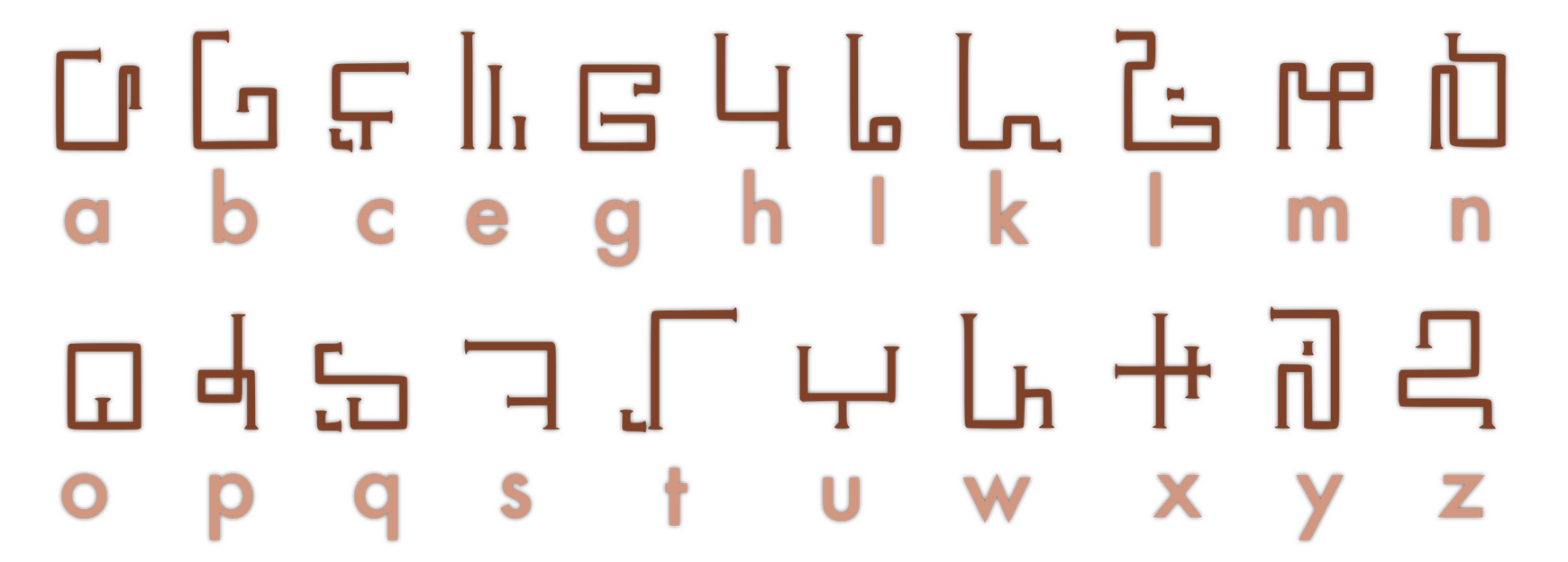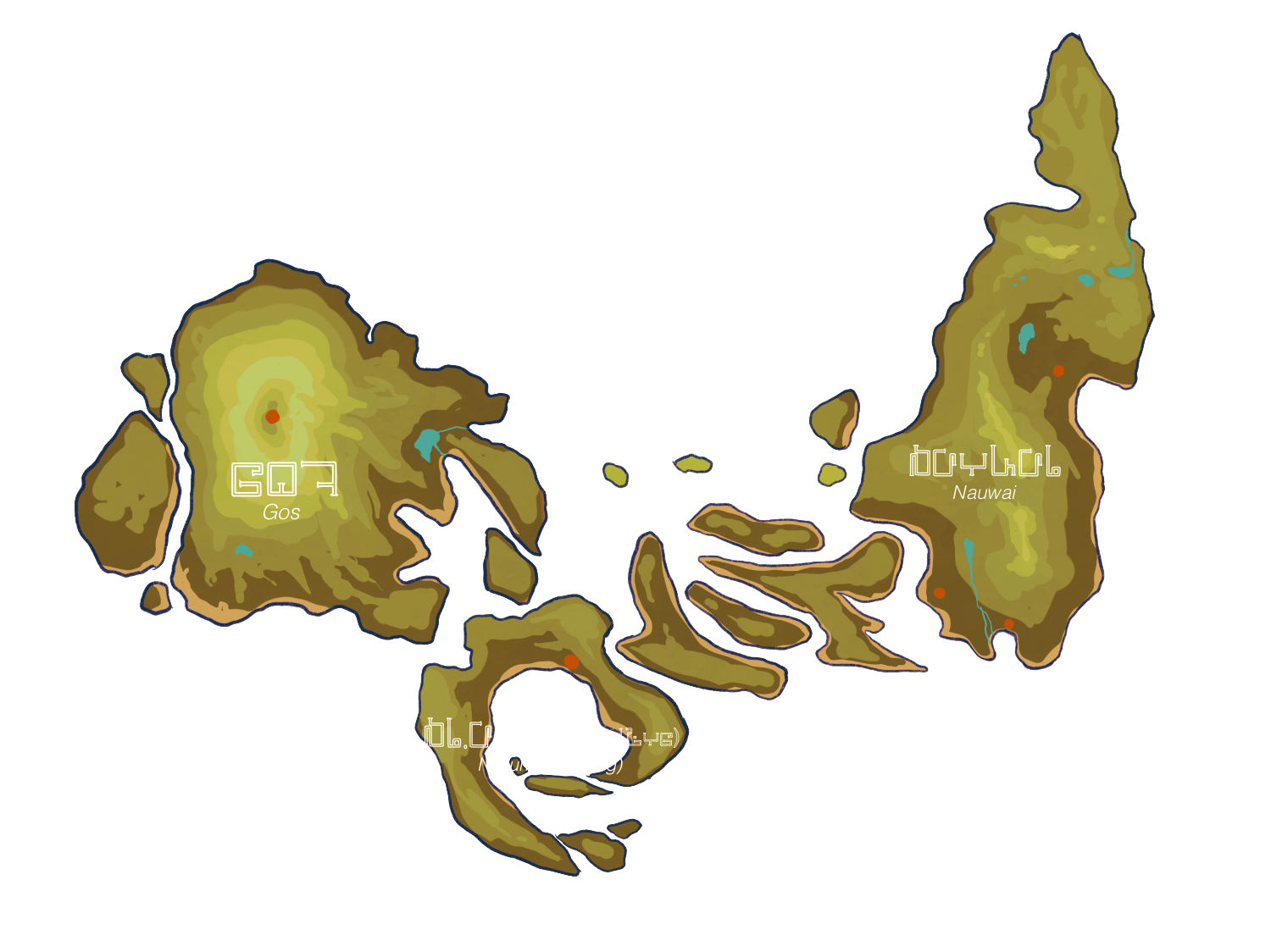
- an original light novel by Skelliecreates -
When Naoki stops to help a creature he finds hooked to a rock in the ocean, he's thrown out of the confines of his unremarkable life. Together, they wade through the mysteries of the Island: from his Ohy's disappearance, up to the suspicious organisation following their every move.Kalypso is vast and its tides are strong, with sirens and beasts abound. And at the very tip of the volcano that is the City of Gos, she awaits them.For Naoki, it is only the beginning.Read the most up-to-date version on ao3 - Season 3 out now!
About Skelliecreates
Cais po! We're Skelliecreates - the writer and artist duo that is responsible for the creation of this story.We mashed our names and skills together to create a story that we ourselves have craved for a long time - a queer fantasy novel about sirens, sea monsters, a budding mystery, and at its heart, people. In particularly, one boy who has to relearn who he is and what he is willing to do for the people he loves.Kalypso is the child of two people obsessed with RPGs, video games, world- and character building, and was born, funnily enough, during a one hour walk and a phone call. And still, we keep learning; Kalypso keeps growing; and our protagonist Naoki keeps refusing to do what we want him to do.What a Lequhe.
Find us!

Want to know who this is? Check out our character gallery!
The characters of kalypso
Whilst the island of Kalypso is populated by many different faces and interesting personalities, there are a few that stand out.
Have a look at our main cast!
The Coukasi Language
Coukasi - the language that is spoken on the archipelago of Kalypso. There are many different variants and dialects, often times leading to various misunderstandings. This non-exhaustive glossary lists Coukasi vocabulary in alphabetical order and attempts to give an explanation on their meaning, origin, and cultural significance. Due to the fact that Coukasi uses a unique alphabet and writing system, the latin alphabet used in the translations matches its closest equivalent.The alphabet:

Glossary
A
Aoko [Aːoːko] — a Kalypsian yearAicois Rope [ai̯koi̯s] - Kalypsian word for a String of Fate, worn by couples to show their devotion to each otherAixe [ai̯xe] - a month on Kalypso; there are 10 months in a year aka. Pa Aixe in a Paaixe; lit. a tideB
Baumis [bau̯mis] — A day of showing love towards others (romantic or platonic)Baupai [bau̯pai̯] — The Kalypsian concept of a soulmate, born out of mythBenemeb [be'ne'mep] - Nauwai fruit cocktail, Bemo based.Boimoubou [boi̯:mou̯:bou̯] — WelcomeC
Ca. [ka] — Honorific for those who study scienceCais [kai̯s] — HelloCais po! [kai̯s po:] — Nauwai slang, similar to 'Hey y'all'Cihai [tʃihai̯] — Gos street food, most commonly served with a hot savoury filling called Libao; similar to Umami tasteCota [kotɑ] — Kalypsian song birdCoukasi [cou̯kasi] - name of the Kalypsian languageCytau [cy’tau̯] — caretaker; similar to godparents, given to children by their parents - At 5, they get their Cytau, the one who teaches them about the land; The term is not bound by gender (Gender on Kalypso works vastly different than societal conventions ascribe for us anyway)G
Gimot [gi:mot] - Equivalent to a train platformGokoimai [Go:koi̯'mai̯] — Nauwai cocktail, named after its glowing colour and served with two OkoiGos [gos] — Growing capital city of Kalypso, southwest of NauwaiH
Hokabem [ho:kabem] - Sour dough balls, specifically made for Oizesa LaiI
Izau [i:t͡sau̯] — A popular club in GosK
Ka’a [kaʔa] — HelpKapa [kapa] — Goodbye; usually shortened to 'pa' in the country sideKaulao [kau̯'lao̯] — (lit. embrace) Traditional Nauwai greeting where you tap your finger to the opposite cheek and gesture to the recipient. Not to be confused with the ka'ulao, a more intimite version in which the involved touch each other's cheeks, used primarily in closer relationships. Mostly seen in fishing cultures.Kawib [kaʋib] — Crazy, insane, can be used in good or bad contexts (similar to the Japanese 'yabai')Kixaigou spear [kiʃai̯gou̯] — A type of spear used for larger fish; basis for the swear "qixa"Koimai [koi̯'mai̯] — Basic rice based alcohol found all across the Island; in its pure form particularly popular in GosKuxau [kuʃau̯] - Traditional Kalypsian instrumentL
Laet [lae̯t] — FuckLeguxai [Le:gu:xai̯] - Lex's full first nameLoutgao [lou̯t’gao̯] — First month of the yearM
Maemaut [mae̯'mau̯t] — MarketplaceMautqip [mau̯t'kip] - A Kalypsian street food; a hot bun with an umami flavourMehi vis [me:hi vi:s] — How are you? (lit. do you have colour, reference to the Oizesa Leaf)Miaixo [mi: tsikɔp] — If you please; Nauwai dialectMiatauwau [Mia'tau̯wau̯] - Fried fish; usually eaten for breakfast in NauwaiMi zikoob & Vaob qegaib [mi: tsikop] [vao̯p kegai̯p] — “I’ve returned” & “I was alone” respectively; traditional way to greet someone when you return home and the appropriate responseMipi [mi:pi] — Capital, centreMoubou [mou̯:bou̯] — As you like; similar to the Japanese 'Douzo' or the Italian 'Prego' (derived from Boimoubou)Mu tut kau [mu: tut kau̯] — lit. from the sea; equivalent to "oh my god"N
Naebo [nae̯bo:] - Seaweed that carried slight psychoactive chemicals, used recreationally on Kalypso (and beyond, according to Kaius) - in Gos sometimes used for soupNikaupas [Ni:kau̯'pas] - Polarised high speed railway using brand new crystal tech - an Aixewos creation to link Nauwai with the mainlandNitisna [ni'tis'na] - traditional Gos type tea, made out of herbs and mushrooms
Kalypsian date system: 63. 18. - 14. 02.: 63rd Kaozesys, 18th year and the 14th day in the 2nd monthNonao [no:nao̯] — Term of endearment towards children, lit. no- small, nao- oneNoca [no'ka] — Puddle (common Kalypsian insult, referring to a person who is shallow or unintelligent)O
Okoi [O:koi̯] — Glowing little sea critters, shrimp-likeOizesa Lai [oi̯tsesa lai̯] — Festival of the clear leaves, a Nauwai traditionOizes leaf [oi̯tses] — Leaf from one of Nauwai's unique trees that turn translucent in the early months of the year, lit. Clear leafOhy [oːhy] — Caretaker; similar to godparents, given to children by their parents - At 10, they get their Ohy, one who teaches them about the sea. The term is not bound by gender (Gender on Kalypso works vastly different than societal conventions ascribe for us anyway)P
Paaixe [pa:ʃə] — A year in the Kalypsian calendar, lit. ten tidesPacae [pakae̯] - Natural hotspring, particularly with bioluminescence. Commonly found in NauwaiPiaat [pi'at] — A form of Kalypsian currency; not widely usedPois [Poi̯s] - a Kalypsian minutePuliza [Pu:lit͡sa] — A bioluminescent lamp, lights up after being shakenQ
Qauha [kau̯'ha] - WeirdQispat [kis'pat] - Traditional outfit from the Nauwai regionQoku [qo:ku] - The ConnectionQomiat [qo:mi:at] — Omnivorous semi-aquatic animal, a common Kalypsian household petQo xu baxe [Ko ʃuː baʃe] — What the fuckQunai crystals [k'nai̯] - The crystals that formed on the day the Kaozesys of their era was chosen, lit. hatchling crystalsQyme [kime] - Big bioluminescent fungi that is crystal drivenT
Tazi [taziː] — CuteU
Ubgao [ub'gao̯] — Kalypsian month early in the yearW
Wahi-Rice [ʋahi:] — A type of rice that only grows in the North-East of Kalypso; known for its tear-shaped form.X
Xa. [ʃa] — Gender-neutral honorific, used as a prefix.Xai [ʃai̯] — A Kalypsian week, consisting of 10 daysZ
Zagi [tsa:gi] — Derived from the coukasi word zagicai̯t, meaning 'Friend'; a friendly way to call someonePhrases
Gau 'moubou wa [gau̯ mou̯:bou̯ va] — You are welcome (emphasis on the you)Mehi vis [me:hi vi:s] — How are you? (lit. do you have colour, reference to the Oizesa Leaf)Miaixo, xu nao Gokoimai [Mi:aiʃo, ʃu nao̯ Go:koi̯'mai̯] — Nauwai dialect, lit. "If you please, the one Gokoimai"Mi zikoob & Vaob qegaib [mi: tsikop] [vao̯p kegai̯p] — “I’ve returned” & “I was alone” respectively; traditional way to greet someone when you return home and the appropriate responseMu tut kau [mu: tut kau̯] — lit. from the sea; equivalent to "oh my god"Potku xib xoli [potku: ʃip ʃo:li] — If you stop swimming you drown; an idiomQo xu baxe [Ko ʃu: baʃe] — What the fuckQou zib nocas waeb imao zois [kou̯ t͡sib, nokas wae̯b i:mao̯ tsoi̯s] - Those who dare to step in puddles; Nauwai saying referring to people who dive into things without knowing their full depths. Nauwaikau use the word 'noca' (puddle) to mean 'stupid' as wellZezy gau zois [t͡set͡si gau̯ t͡soi̯s] - Stepping on eels, a Kalypsian saying. Used if you're in a precarious situation and picking your words carefully
Find us!
The world of Kalypso
The world of Kalypso is big and vast. As an archipelago, it consists of different clusters of islands that all have a variety of cultures, traditions, and dialects.The three most densely populated regions are the capital city of Gos, Ni’aumi in the South (also known as the Plug), and Nauwai to the East. As of right now, the only way to travel from one island to the next is by boat; though the Aixewos over-water railway is currently being constructed to ensure direct passage between Gos and Nauwai.Any other land masses remain unknown.

Find us!








